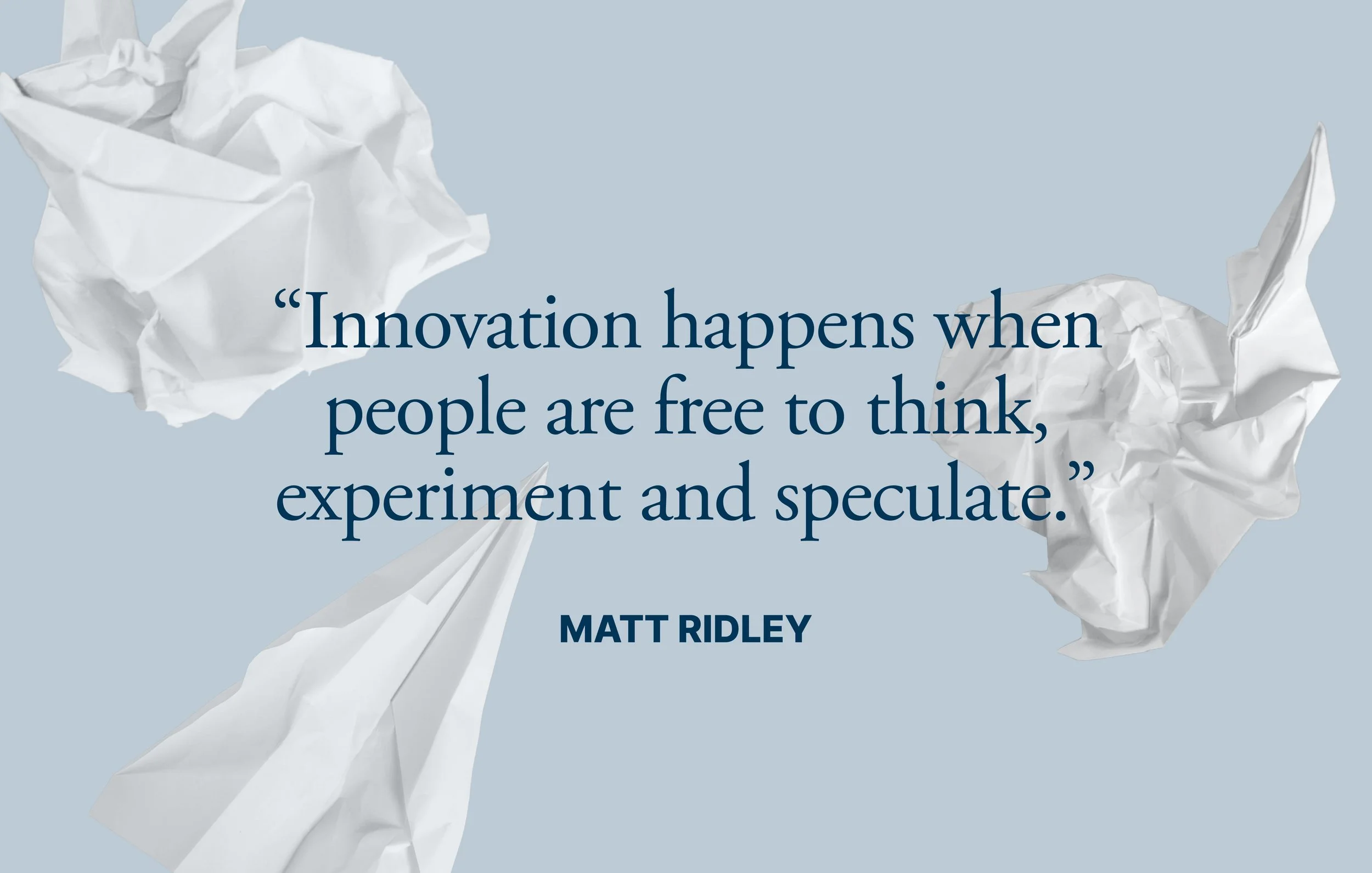Our Ventures
Our vision is to build something huge that hasn’t existed before.
We focus on green transition, fintech, and creating future industries with uncorrelated convex opportunities.
As the founder of these ventures and projects, B&Co conceives, incubates, seeds, capitalizes, and scales the ventures or projects through their growth journey.

We Are Not Waiting!
Working in depth with different sectors gives us a transversal view of the opportunity and uncontested gaps that we can exploit with our ventures.
With multidisciplinary teams focused on innovation and using our methodology that brings order amid chaos, we launch our own ventures.
We’re focusing on the biggest problems faced by society today, combining our investing and operating expertise with our passion for sustainable change.
-
Landfills are a leading source of methane emissions, which have been identified as a potent greenhouse gas with a global warming impact more than 25x that of CO₂.
Agricultural waste, plastic, end-of-life, and paper are made from valuable molecules that can be recycled or upcycled into high-value products.
-
More than 80% of the world’s water consumption and over 50% of global greenhouse gas emissions are produced by the industrial, transportation, and agriculture sectors.
There is a significant opportunity to deploy advanced technologies and biorefineries that will make it feasible to massively reduce the energy, CO2, water, and capital intensity in these sectors and also convert CO2 into valuable sources of clean fuels and chemicals.
-
Climate change is jeopardizing human health and future economic growth as a result of our use of traditional fossil-fuel energy sources.
Production of hydrogen, upcycling with sequestrated liquified CO2, biofuels, solar, wind, hydro, biomass energy, and geothermal resources, if properly harnessed and combined, can meet future energy needs at the least cost.
-
Advanced materials have the ability to solve the world’s most fundamental challenges.
We are building a portfolio of companies to create better materials that can make our world better.
By better, we mean a world with less CO2, more food, more fresh water, and more lives impacted.
Our ventures make entirely new materials to solve fundamental challenges impacting the world by combining chemistry, biology, and physics with engineering and hardware.
-
From growing crops, producing energy, developing medicine, manufacturing vehicles, and smart devices that connect us - water impacts every person and industry in the world.
Nothing can happen without water resources.
We build venture companies that directly or indirectly positively impact water resources and the related processes, applications and industries that it enables.
Why it Matters?
It is our belief that sustainability is the biggest economic opportunity of our times. Big problems often hide big venture opportunities.

Due to climate change, the ocean is warmer, more acidic and less productive today.

UNICEF estimates that half of the world's population could live in areas facing water scarcity by as early as 2025.

Climate change is one of the biggest health threats facing humanity. The impacts are already harming health through pollution, disease, extreme weather events, forced displacement, food security and pressures on mental health.

By 2030, we will need 50% more food, 45% more energy, and 30% more water.

Shifting to a green economy could yield a direct economic gain of $26 trillion through 2030 compared with business-as-usual. This could produce over 65 million new low-carbon jobs.

Public climate finance, including $100 billion that developed countries have agreed to provide to developing countries each year, plus, over 160 firms with $70 trillion in assets have joined forces to steer the global economy towards net-zero emissions and deliver Paris Agreement goals.

The Earth is now about 1.1°C warmer than it was in the 1800s. Emissions must drop 7.6 per cent per year from 2020 to 2030 to keep temperatures from exceeding 1.5°C and 2.7 per cent per year to stay below 2°C.

Human activities have warmed the atmosphere, ocean and land, producing widespread and rapid changes in the atmosphere, ocean, cryosphere and biosphere.

If everyone on the planet consumed as much as the average first-world citizen, it's argued, four Earths would be needed to sustain them

If everyone on the planet consumed as much as the average first-world citizen, it's argued, four Earths would be needed to sustain them.





